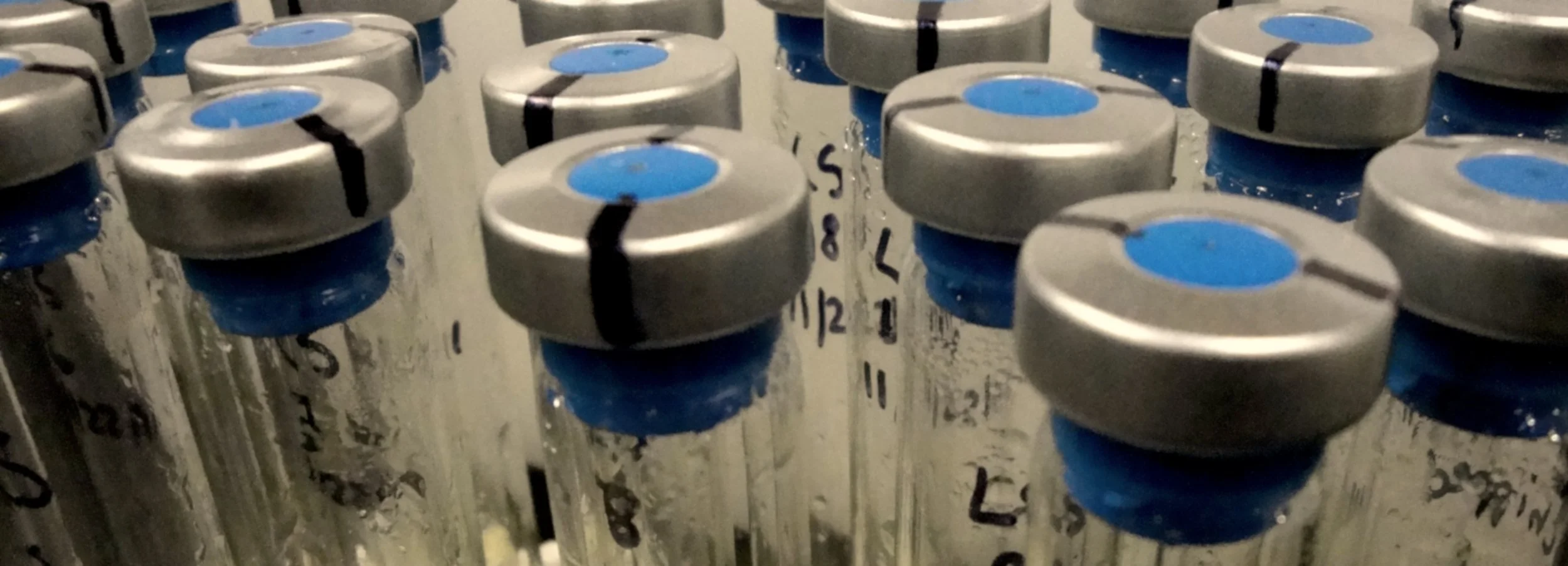Most microbes are not genetically tractable, an obstacle that limits our ability to manipulate their activities, particularly in natural habitats. We have devised a non-genetic approach for manipulating microbial metabolism: biocompatible chemistry. Biocompatible transformations are non-enzymatic chemical reactions that interact with the metabolism of living organisms in a way that alters biological function. We have demonstrated the feasibility of this general strategy by pursuing two applications. First, we have used non-enzymatic catalysts to diversify the structures of microbial metabolites, developing biocompatible hydrogenation and cyclopropanation reactions. Second, we have used transition metal-catalyzed reactions to generate essential nutrients in situ and rescue the growth of auxotrophic microbes, demonstrating that biocompatible reactions can influence microbial survival and providing a foundation for modulating microbial activities in communities containing genetically intractable organisms. By integrating the fields of organic chemistry and synthetic biology, we are providing new ways to use microbes for chemical production and expanded opportunities for controlling microbial growth and behavior.
